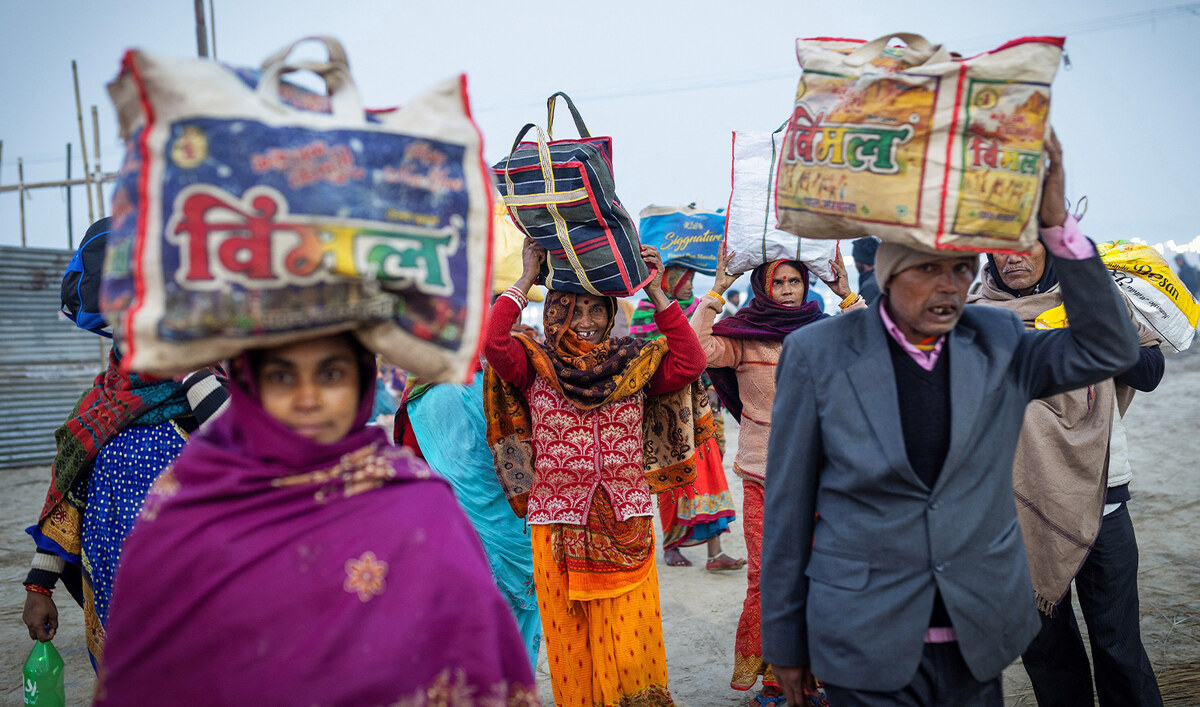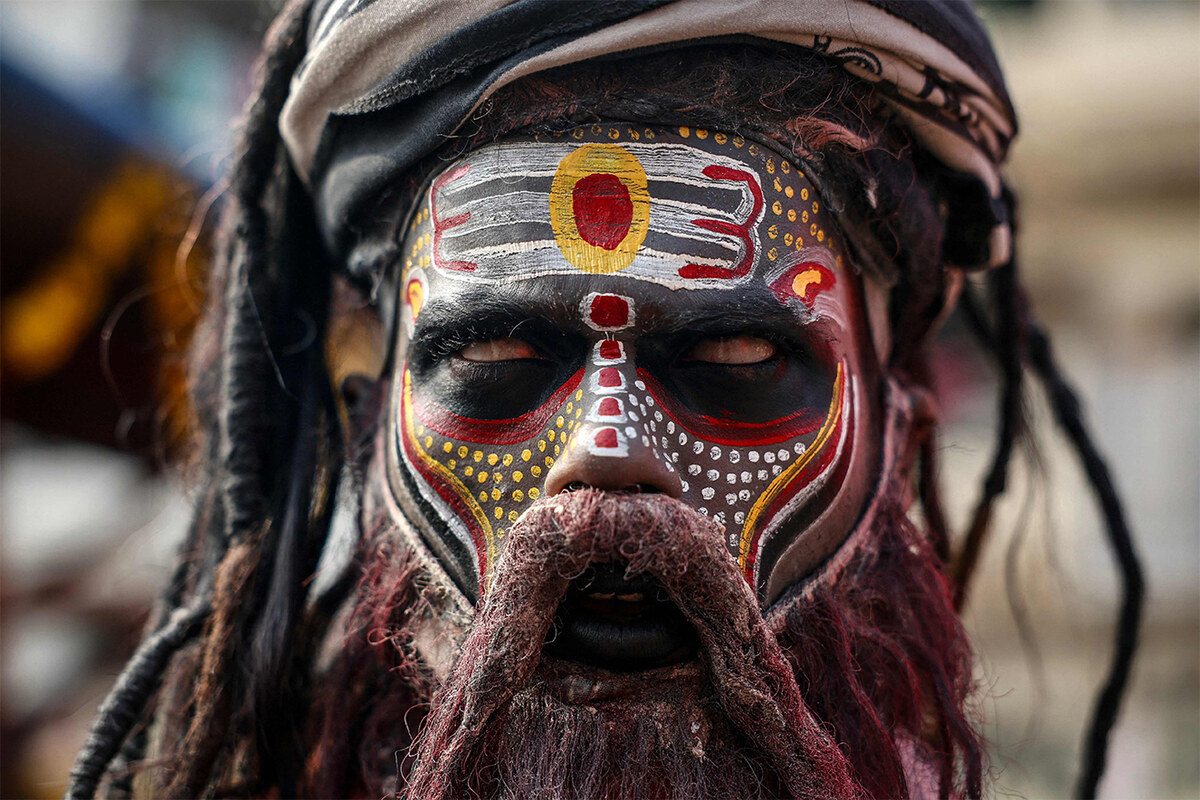STOCKHOLM: Suspected Stockholm truck attacker Rakhmat Akilov, a 39-year-old Uzbek and jihadist sympathizer, admitted Tuesday to committing a “terrorist crime” by mowing down pedestrians on a busy street, killing four people and injuring 15 others.
“Akilov confesses to a terrorist crime and accepts his custody detention,” his lawyer Johan Eriksson told a custody hearing in a Stockholm district court.
Akilov, who was arrested in a Stockholm suburb just hours after Friday’s attack, appeared in the courthouse’s special heavily-guarded, high-security courtroom. Handcuffed and wearing a thick green hoodie over his head, he kept his head bowed down.
Judge Malou Lindblom ordered him to remove the hoodie and he complied, revealing dark hair with streaks of grey.
Akilov, a Russian speaker, had an interpreter at his side to help him follow the proceedings. He did not address the court directly.
After Eriksson’s statement, the judge consented to the prosecution’s request to have the rest of the hearing held behind closed doors due to the classified nature of the information in the investigation.
After about an hour, journalists were readmitted into the courtroom and the judge remanded Akilov in custody.
Court documents seen by AFP showed Akilov, who is facing life behind bars, had requested that his state-appointed lawyer Johan Eriksson be replaced by a Sunni Muslim, saying “only a lawyer of this faith could assert his interests in the best way.” The court refused the request.
The four people killed in the attack were two Swedes — one woman and an 11-year-old girl — a British man, and a Belgian woman.
Eight people were still in hospital, two of whom were in critical condition.
Akilov, a construction worker who had been refused permanent residency in Sweden in June 2016, had gone underground last year after receiving a deportation order, police said.
'Pleased with what he had done'
Friday’s attack resembled previous rampages using vehicles in Nice, Berlin and London, all of them claimed by the Daesh.
Daesh has not claimed responsibility for the Stockholm attack, but Swedish media reports on Monday said Akilov had told investigators that he had received an “order” from Daesh to carry out the attack against “infidels.”
The Aftonbladet newspaper reported that he had said he was “pleased with what he had done.”
“I mowed down the infidels,” Aftonbladet quoted him as saying, citing sources close to the investigation and describing him as a father of four whose family had stayed behind in Uzbekistan.
“The bombings in Syria have to end,” he was quoted as saying.
On Sunday, a second suspect — also from Uzbekistan according to media reports — was formally placed under arrest, Stockholm district court judge Helga Hullman told AFP, refusing to disclose any links between the two suspects.
Police have said they expect their investigation to take a long time to wrap up.
“It can take up to a year to finish the investigation,” said the head of national police operations, Mats Lofving.
Swedish politicians have meanwhile expressed anger over the failure by the authorities to deport the suspect, as police said around 12,000 people had absconded after being denied the right to stay.
Swedish Prime Minister Stefan Lofven, who led a nationwide minute of silence for the victims on Monday, said he was “frustrated” by the problem, while far-right Sweden Democrats leader Jimmie Akesson called it a “huge scandal.”
However, national police commissioner Dan Eliasson said “there was nothing in the system that indicated (the suspect) would do something like what he did on Friday.”
The country of 10 million people took in 244,000 asylum seekers in 2014 and 2015, the highest per capita in Europe.
Justice Minister Morgan Johansson meanwhile told AFP he wants to beef up Sweden’s anti-terror laws.
“We’ve criminalized foreign travel for terrorism purposes, we’ve extended (our laws) on terrorism financing. There is a possibility to extend them further.”



























